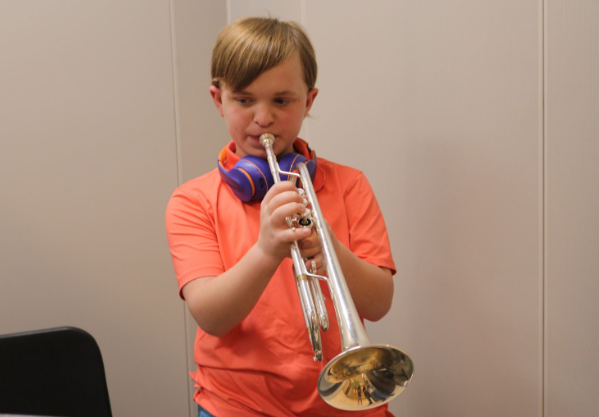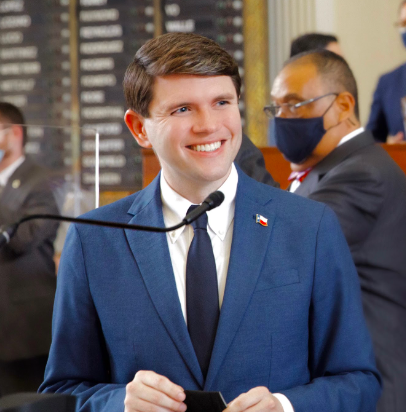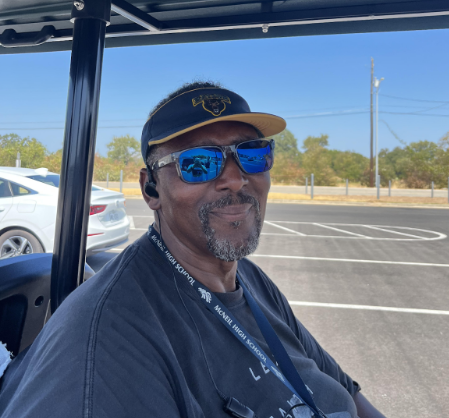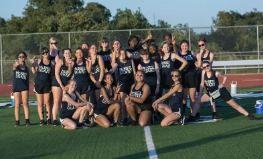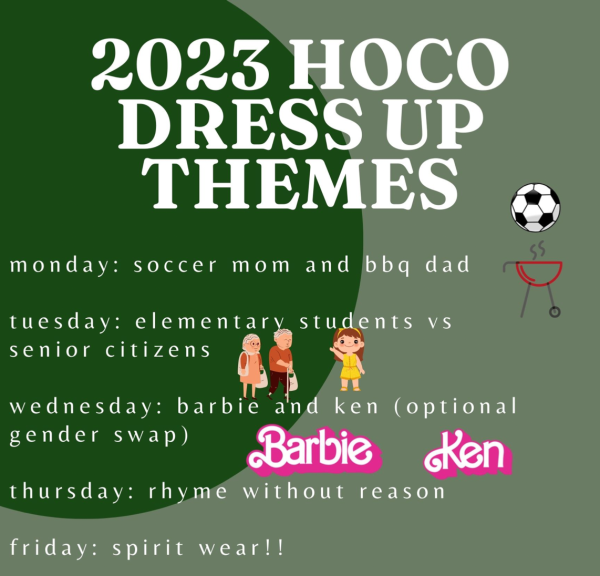Humans of McNeil: A Series
Students share what it’s like to be a teenage immigrant in the U.S.
It’s passing period, and as students scurry into their classrooms, the hallways are filled with different faces leading different lives. They are taught in the same language and they are learning in the same way, but the final bell has rung. Some students go home to tongues speaking different languages and to homes with different values, only to wake up in the morning trying to learn how to blend in with American teenagers. This is the start of a series about what it means to be an immigrant at McNeil.
“For me, being an immigrant is not something that most people choose to be,” senior Diana Molina said. “It’s hard to get used to another country that is not the one you were born in. But I also feel that being an immigrant is a new opportunity to meet people from different places and to get to know different styles of living.”
The definition of an immigrant is a person who permanently relocates to another country. But to immigrants themselves, it means leaving behind everything they’ve known in hopes of something better. To teenage immigrants, it means trying to navigate their way around the hallways, while trying to navigate their way around life. It means trying to mold their identities, like all teenagers try to do, but it also means trying to balance two cultures and the experiences that come with it.
“I’m from Venezuela and I’ve lived here for two years,” Molina said. “My culture is so different from the American culture. I live here trying to maintain the same life that I had in my country with my family. Being a teenager in the USA is kind of simple, but I feel like people give too much importance on what others think of you. This is so different from my country because no one cares about physical differences. It was easy to make real friends [in Venezuela], but it was kind of hard for me to come to the US because I had to learn a new language.”
One thing most immigrants have in common is the struggle of adapting to a society that is predominately full of English speakers. It’s hard enough to speak in front of the class when the teachers ask students to, but speaking another language magnifies the very real struggle of communication in all aspects of life. It’s difficult to be immersed in a completely different culture, without having someone to relate to, like teens often find in friendships with others.
“I moved here in January 2017 and I am from Nairobi, Kenya,” senior Janvi Minshariya said. “Opening up to people is really hard because people from here are reserved, and I can’t say much about my future because I am an immigrant. It’s really not fun being a teenager in a place you can’t call home. Being an immigrant is locking down my freedoms. I am 18 years old and I can’t drive myself to places; I have to rely on my parents and I can’t work without a social security number.”
Some teenage immigrants view their move to the United States as restricting because instead of coming here to fulfill the American Dream, they are disillusioned due to strict laws and regulations for modern-day immigrants. The rites of passage that most American teens look forward to as steps to independence are not in sight for some immigrants.
“Being a teenager for me is seeking my ways to grow,” Minshariya said. “But if things around here have been restricted because of social security and citizenship, then you can’t find yourself.”
Your donation will support the student journalists of McNeil High School. Your contribution will allow us to purchase equipment and cover our annual website hosting costs.

